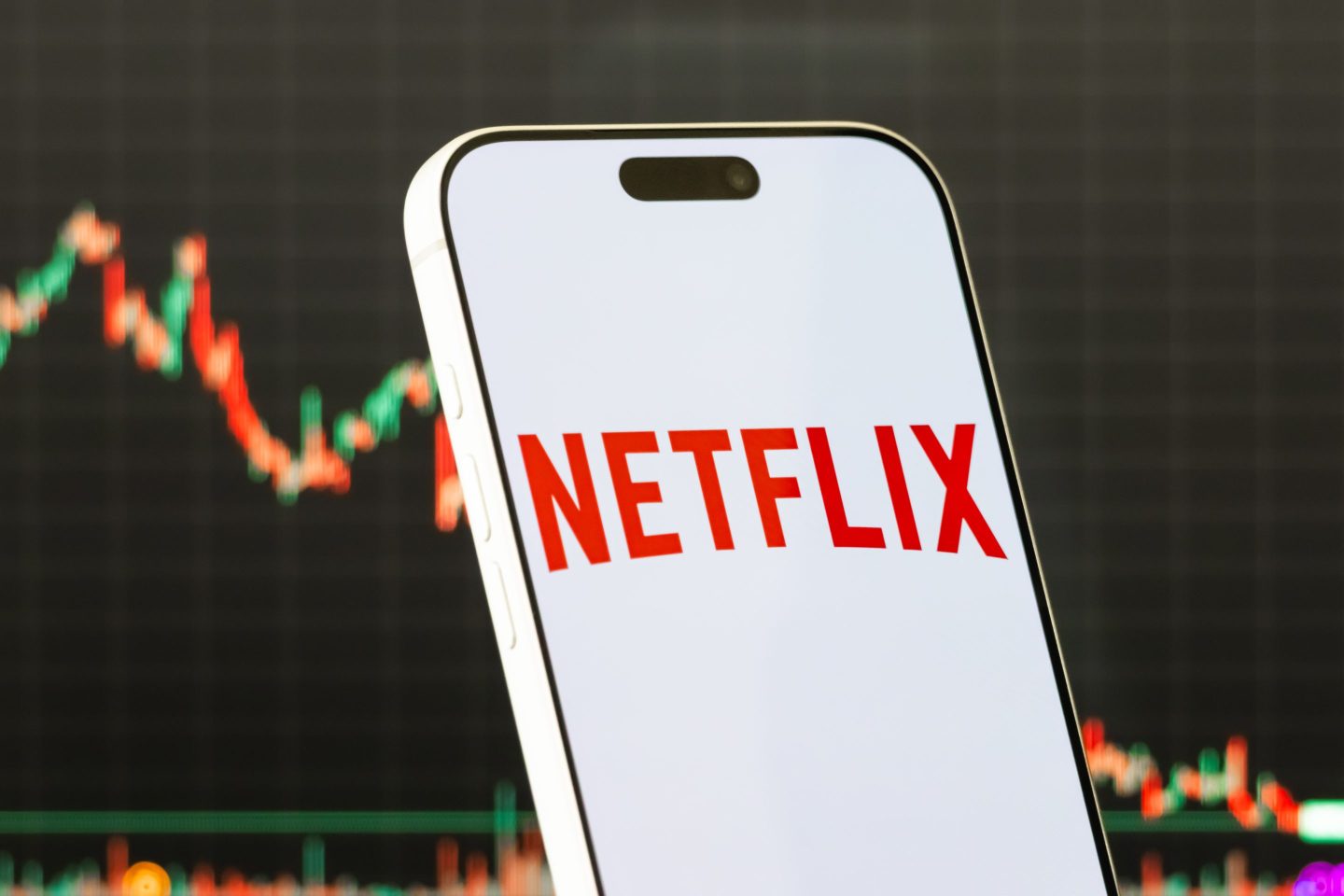Novo Nordisk’s stock is experiencing a steep drop following major clinical setbacks and intensifying competitive pressure in the weight-loss-drug market.
U.S.-listed shares fell over 5% on Monday to a four-year low, around $45, continuing a downward spiral that has seen the company lose nearly half its value since the beginning of 2025.
A leading factor in this decline was the announcement that semaglutide—the core ingredient in Novo Nordisk’s blockbuster drugs Ozempic and Wegovy—failed to slow cognitive deterioration in two major clinical trials addressing Alzheimer’s disease.
Results from the EVOKE and EVOKE+ trials showed no significant advantage over a placebo, erasing hopes that the company could expand its diabetes and obesity franchise into neurodegenerative disorders.
“While treatment with semaglutide resulted in improvement of Alzheimer’s disease–related biomarkers in both trials, this did not translate into a delay of disease progression,” the company said.
Analyst skepticism had been building, but this definitive trial failure has wiped out near-term prospects for growth from new indications.
Investors question whether external acquisitions can make up for underperformance in the company’s pipeline. Novo Nordisk’s decision to spend $2 billion licensing a GLP-1 weight-loss drug from China is seen by analysts as a gamble after recent failures.
Weakening momentum of blockbuster drugs
Novo Nordisk’s outlook is also clouded by ongoing regulatory and price pressures, especially as governments push for broader insurance coverage and lower costs for obesity treatments.
Even before the trial disappointment, Novo Nordisk was facing slowing sales growth for its bestselling Wegovy and Ozempic weight-loss drugs. Lower prescription rates in the U.S. And increased competition from rivals like Eli Lilly—whose rival drug Zepbound is gaining market share—have triggered worries about sustained demand.
Novo has been forced to implement dramatic price cuts, first by roughly 50% to $499, and then even further to $349, in efforts to retain its foothold. These discounts directly impact profit margins and indicate troubles maintaining growth.
Wall Street is also reacting to significant leadership changes and layoffs, while recent guidance cuts for sales and operating profit growth have added to the negative sentiment. That’s after restructuring costs and impaired asset write-offs have further weighed down earnings.
Gross margin dropped significantly, too, with rising costs for sales, distribution, and ongoing capacity expansions putting additional strain on profitability.
Coins2Day’s Vivienne Walt asked in March whether the company could find its next blockbuster drug before the boom ended, and that is still an open question.
For this story, Coins2Day used generative AI to help with an initial draft. An editor verified the accuracy of the information before publishing.













